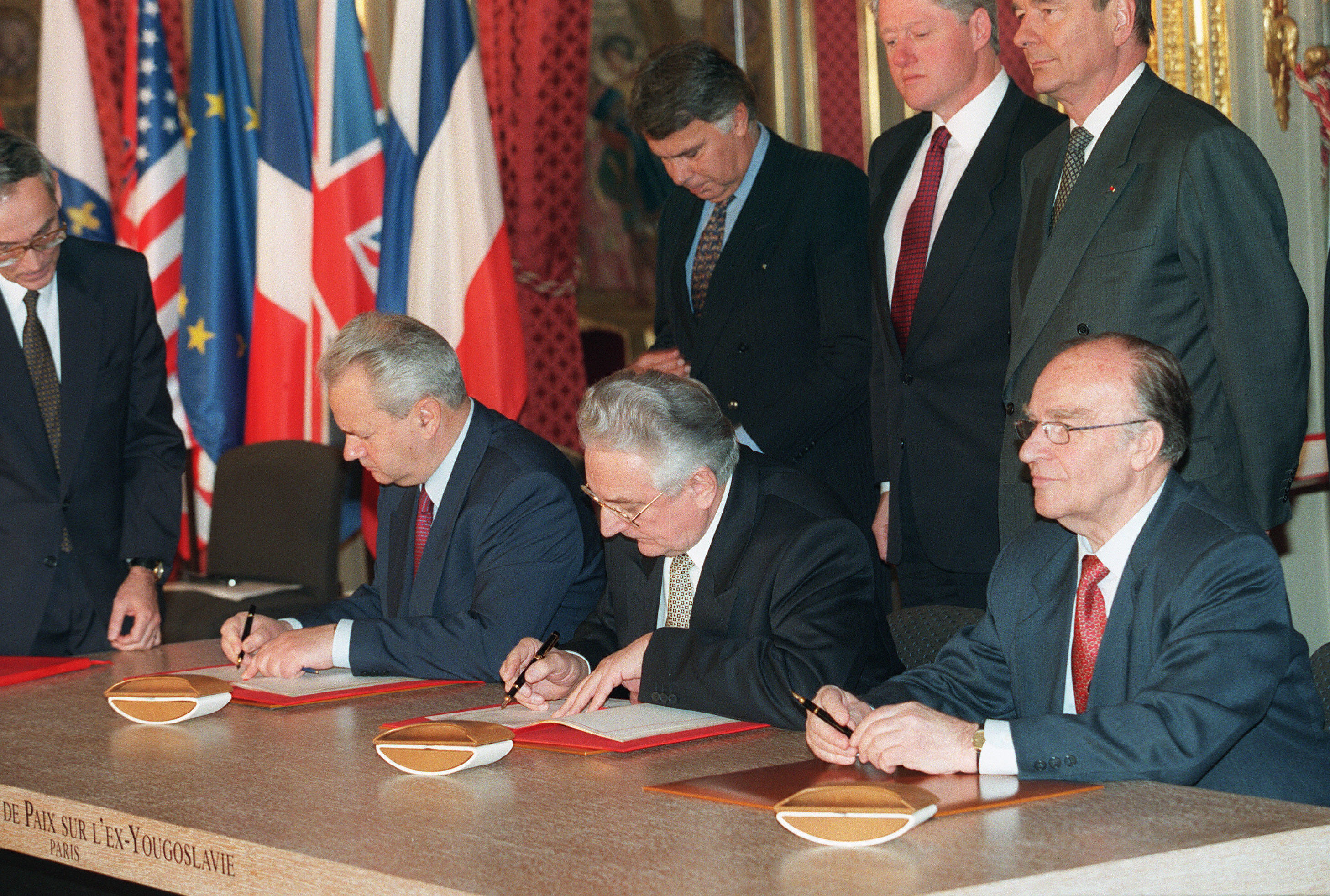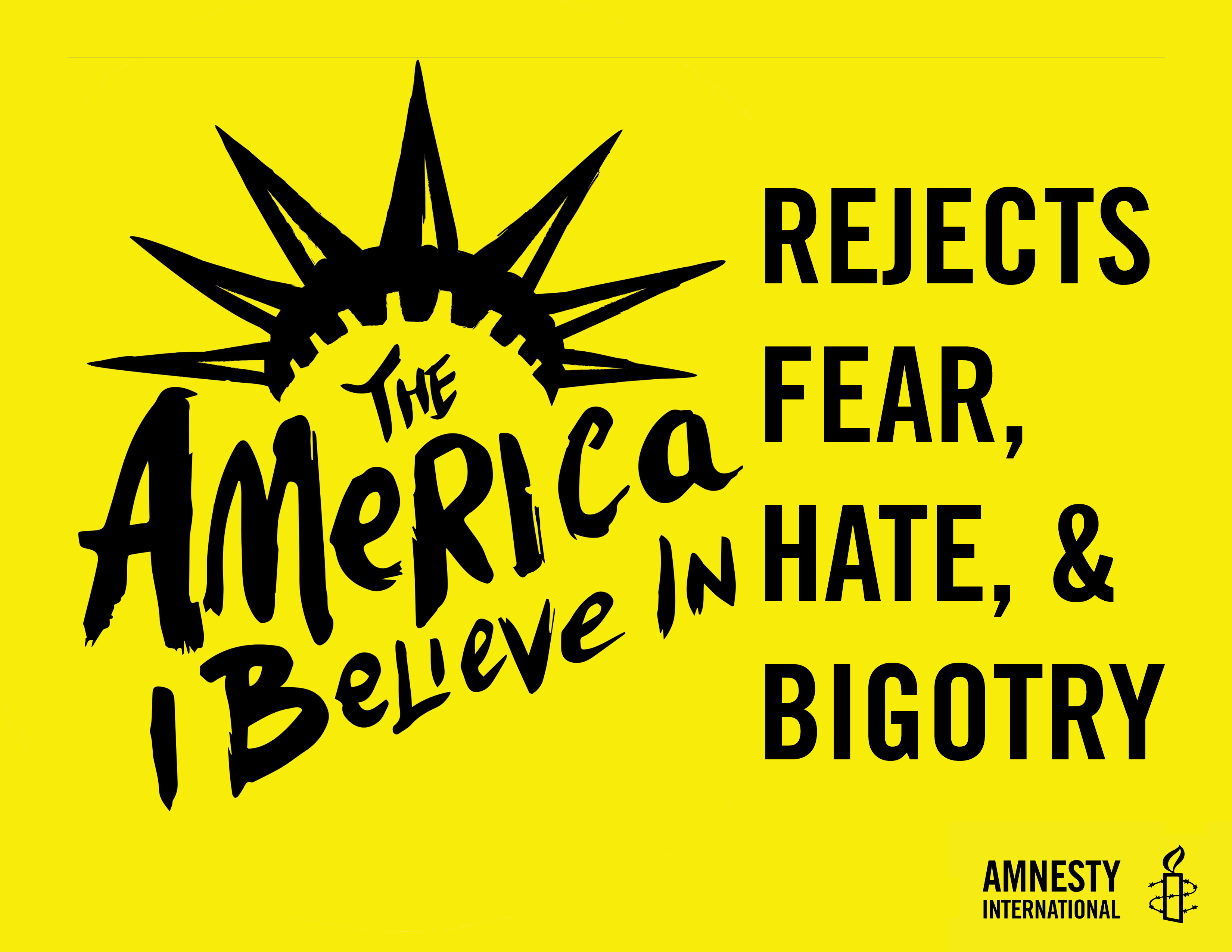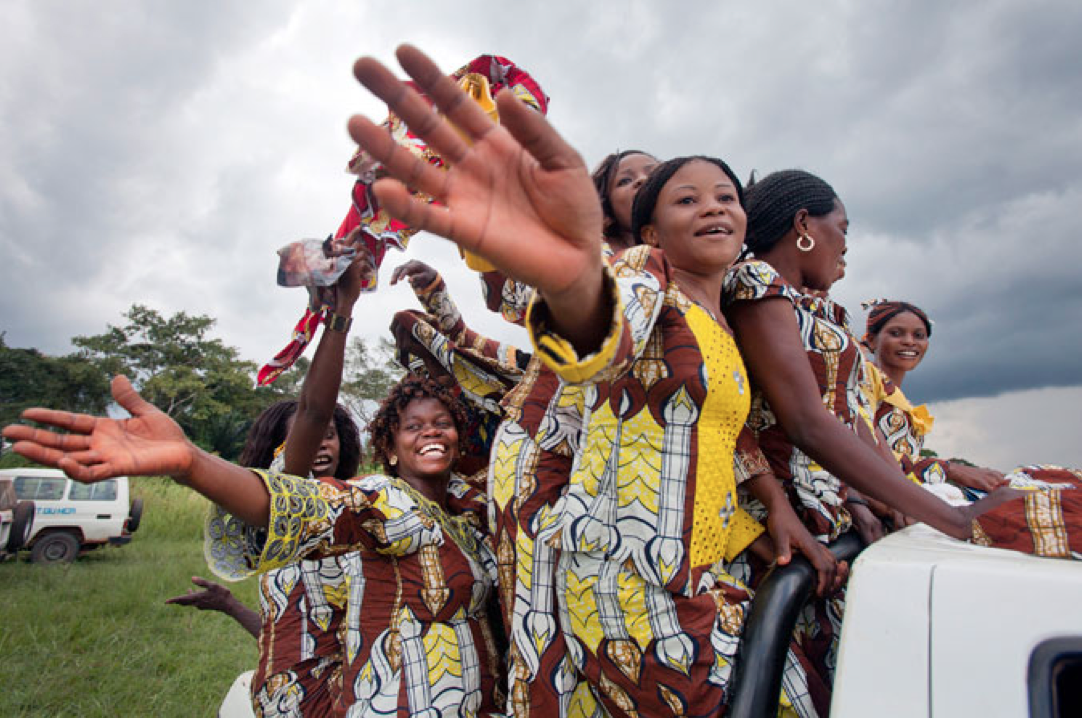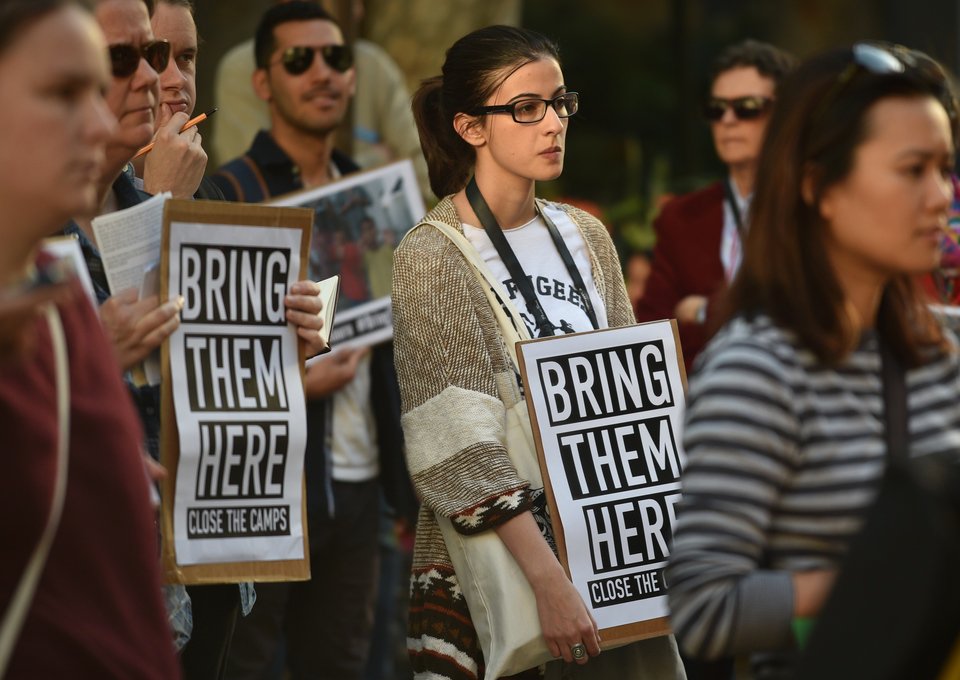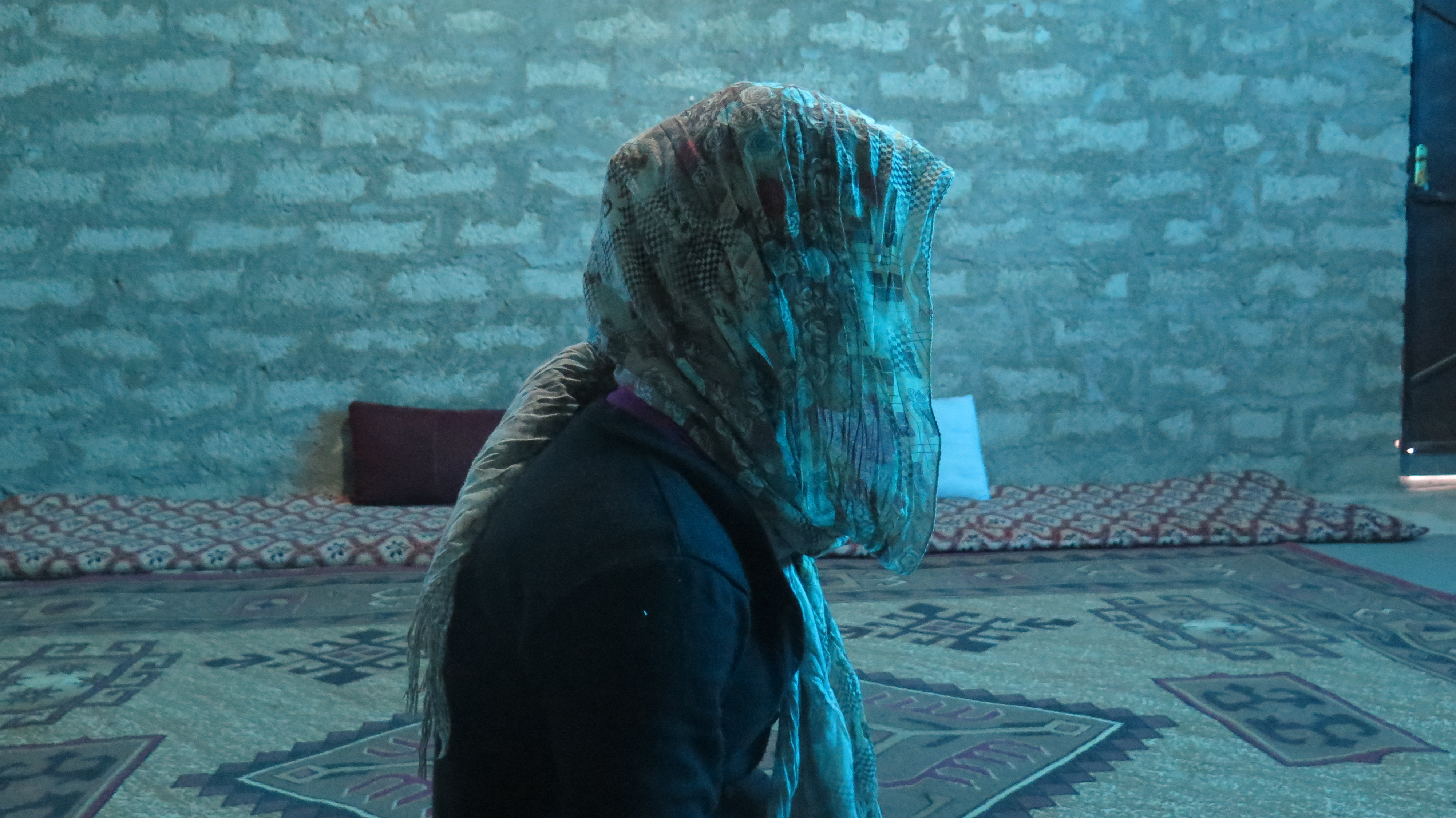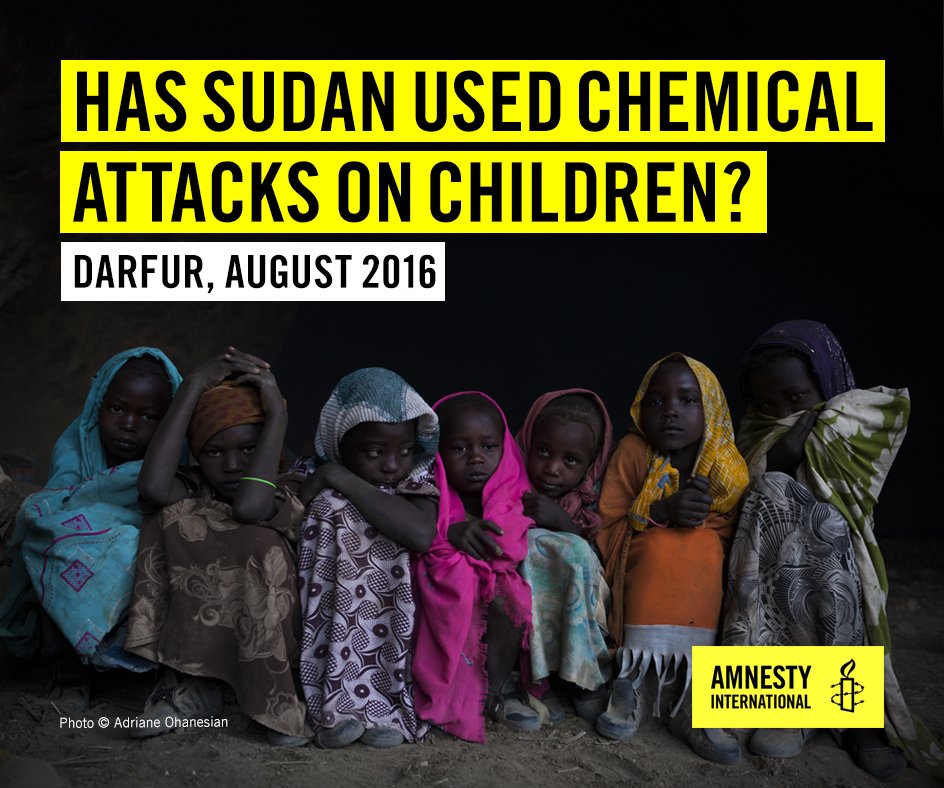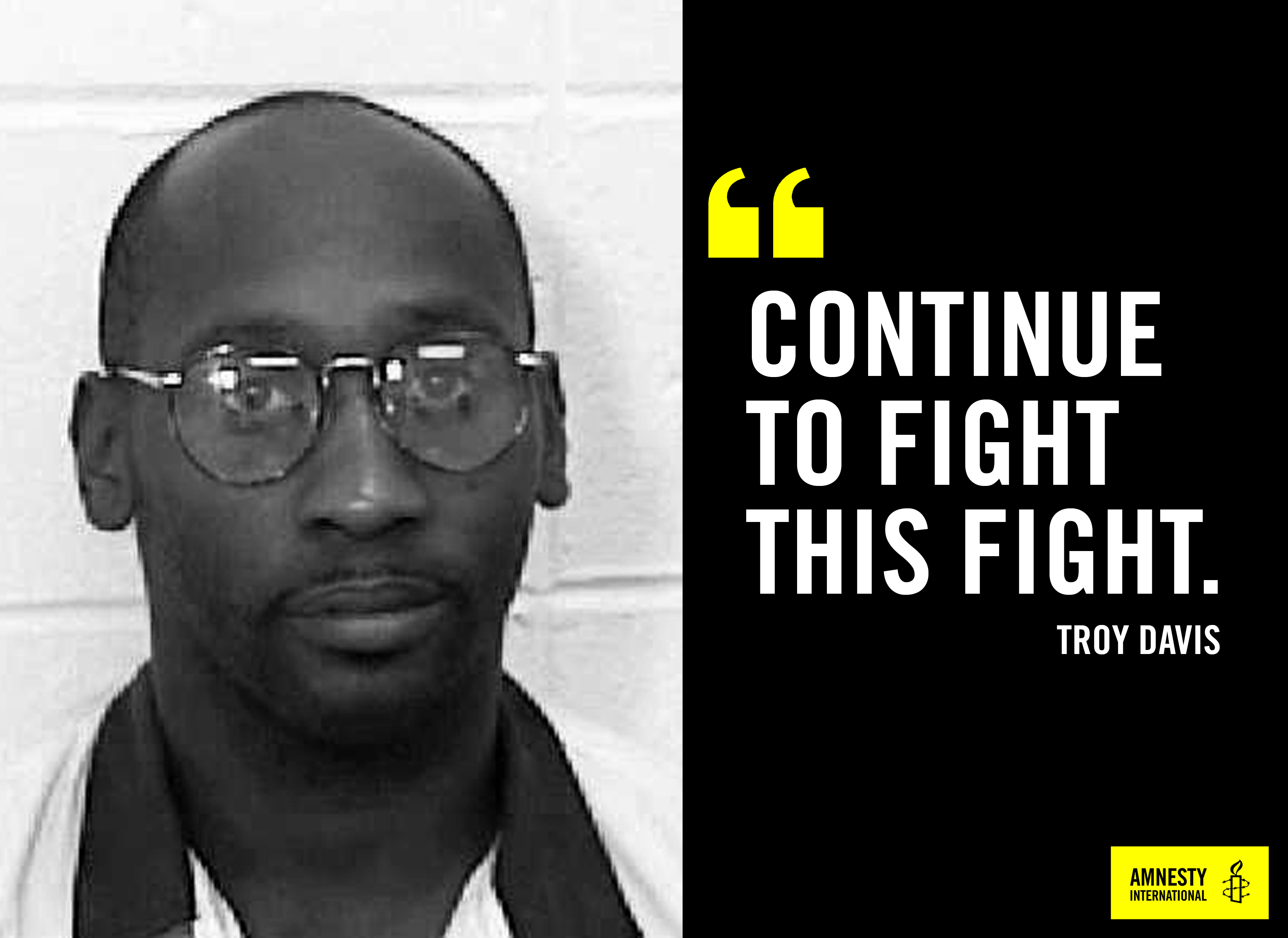
By Margaret Huang, executive director of Amnesty International USA
In the very early hours of November 9, we voiced our grave concern about statements that President-elect Donald Trump made over the course of the election and his promises to ban Muslims from entering the U.S., build a wall on our country’s southern border, restrict access to healthcare and return to the practice of torture.
Already in the U.S. there have been reports of a spike in hate-driven actions and threats. This is not a coincidence – it is further proof that Trump’s irresponsible proposals must never become U.S. policy. SEE THE REST OF THIS POST
